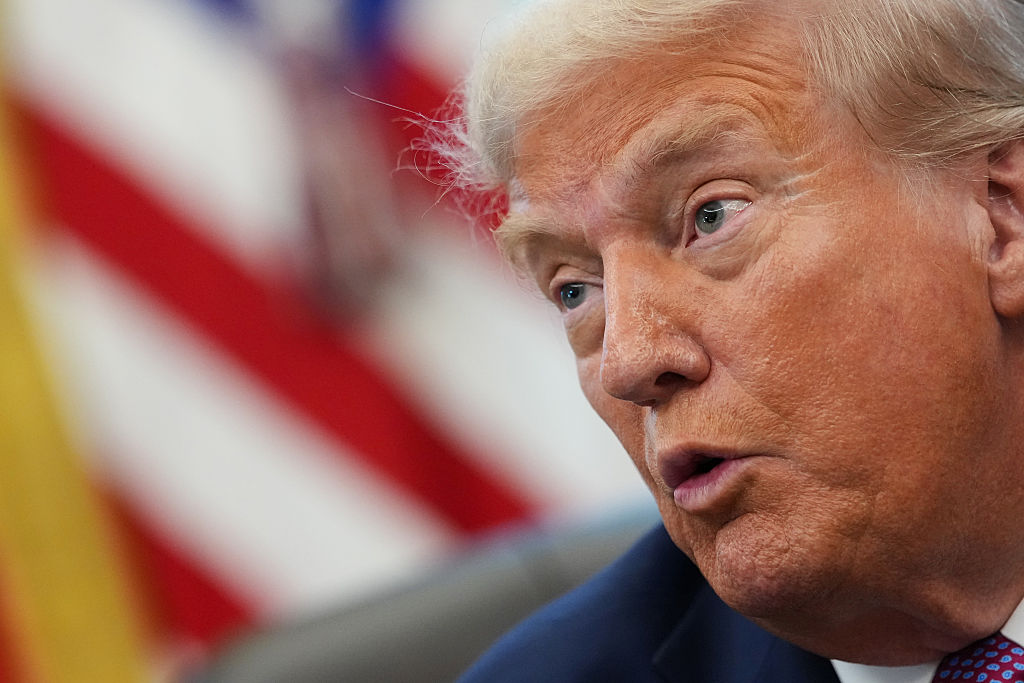Vice President JD Vance and the Controversial G20 Summit in South Africa
The upcoming G20 summit in Johannesburg on November 22 and 23, 2023, was initially set to see U.S. Vice President JD Vance at the helm of the American delegation. However, the political landscape has shifted dramatically following President Donald Trump’s decision to halt all U.S. participation in light of ongoing allegations of human rights abuses in South Africa. This move has sparked significant debate, raising questions about the implications for international diplomacy and U.S.-South African relations.
The Setting: G20 Summit in Johannesburg
The G20 summit is an important forum where the world’s largest economies gather to discuss pressing global issues, from economic stability and development to climate change and trade. Hosting the summit is a matter of honor and international prestige, and South Africa, as the only African member of this prestigious group, was poised to showcase its leadership on the global stage.
However, the potential for meaningful dialogue has now been overshadowed by the U.S. decision to withdraw. This absence could limit collaborative efforts to address pressing global challenges and weaken the impact of the discussions that were set to unfold.
Trump’s Controversial Statement
President Trump made headlines with his remarks on social media platform Truth Social. He expressed strong disapproval of the G20 being held in South Africa, labeling it a “total disgrace.” His comments focused on alleged “human rights abuses” targeting Afrikaners, the descendants of Dutch settlers in South Africa, alongside claims of land confiscations and violence. This narrative taps into broader social concerns still pervasive in the post-apartheid era, but it has polarized opinions significantly.
Trump’s choice to spotlight these issues also reflects his ongoing platform centered on national sovereignty and a hardline position against countries he views as violating human rights. According to him, the U.S. should be wary of engaging with nations that, in his view, don’t uphold fundamental human rights principles.
The Afrikaner Context
The mention of Afrikaners and their plight highlights the complex socio-political landscape in South Africa. Historical injustices stemming from apartheid remain a topic of heated discussion, and land reform continues to be a contentious issue. The African National Congress (ANC) government has pushed for land redistribution to address these injustices, often eliciting strong reactions from Afrikaner communities who fear losing their properties and livelihoods.
This multifaceted struggle encompasses questions of race, land ownership, and national identity, creating a charged atmosphere that primes the debate around human rights claims—both for the Afrikaner community and other groups affected by systemic inequalities.
The Implications for U.S.-South African Relations
The sudden withdrawal from the summit does not just affect the immediate agenda but also has far-reaching implications for U.S.-South African relations. Historically, these nations have shared a complex relationship, driven by mutual interests in trade, investment, and regional stability.
By retracting participation in the G20, the U.S. risks alienating South Africa, which may perceive this move as a lack of respect or support. This tension could send ripples through various collaborative initiatives ranging from economic development to regional security frameworks.
Analyzing the Broader Impact on Global Diplomacy
President Trump’s stance, while reflecting a populist strategy familiar to his followers, could plunge U.S. involvement in global diplomacy into murky waters. The withdrawal from the G20 signals an isolationist sentiment that contradicts the interconnected nature of today’s global challenges. Issues such as climate change, trade disparities, and technological advancement require cooperative international efforts, and the absence of significant players can hinder progress.
Moreover, this decision may embolden other nations to take similarly rigid stances when faced with domestic or regional concerns, potentially leading to a fractious international environment where dialogue is less valued.
In summary, while the immediate focus is on the G20 summit in South Africa, the implications of the U.S. withdrawal extend far beyond a single event. They raise critical questions about the trajectory of international relations and highlight the complications of aligning national interests with broader global responsibilities.



